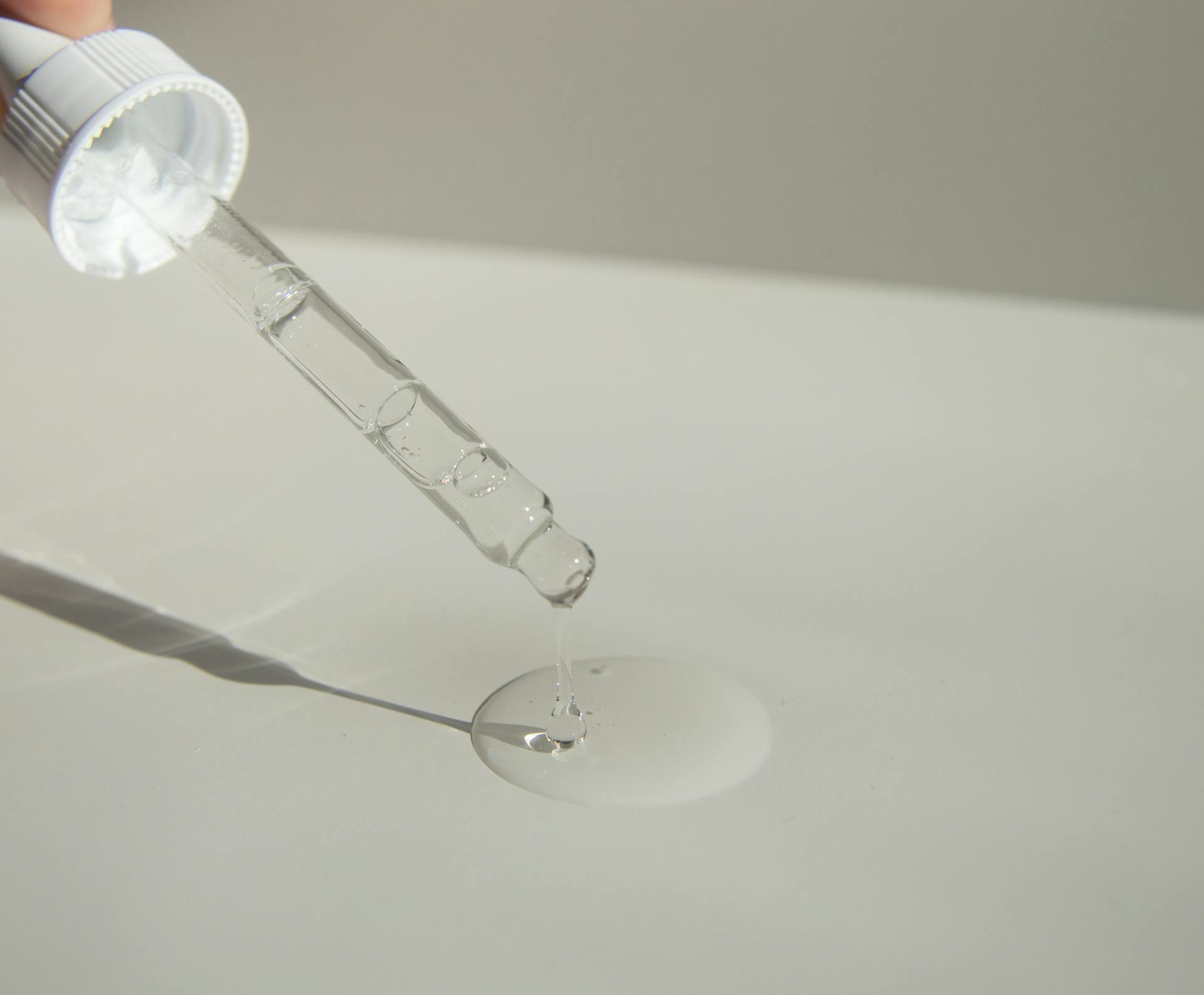
If you're struggling with hidradenitis suppurativa, it's time to talk to your doctor. But discussing this sensitive nature condition can be intimidating. You may have questions about proper diagnosis, treatment options, and managing symptoms that you're afraid to ask. However, talking openly with your healthcare provider is essential for properly managing HS.
Before your next HS appointment, it's important to prepare a list of hidradenitis suppurativa doctor questions. This will ensure that you get the most out of your visit and have a clear understanding of what steps you need to take next. Fortunately, there are plenty of resources available to help you navigate the complexities of HS treatment. In fact, you may even discover simple home remedies that can alleviate some of your symptoms.
Preparing for your appointment
Getting ready for your appointment is an essential step towards finding the right treatment for Hidradenitis Suppurativa. The first step is to schedule an appointment with your primary care doctor, who will refer you to a treating skin diseases dermatologist depending on the severity of your symptoms. Hidradenitis Suppurativa can be a complicated condition that may involve specialists such as colorectal surgery, plastic surgery, or digestive diseases gastroenterology.
Before your appointment, it is advisable to prepare a list of questions that you want to ask your doctor. These questions may include information about the diagnosis and treatment options available, such as medications and surgical procedures. It is also important to provide your doctor with all relevant medical records, including any previous diagnoses or treatments for Hidradenitis Suppurativa. By doing so, you can help ensure that you receive the best possible care and that you are well-informed about the condition and its management options.
1. What you can do
If you are experiencing symptoms related to hidradenitis suppurativa, there are several things you can do to prepare for your doctor's appointment. Firstly, make sure to bring a list of basic questions that you have about the condition, including doses and side effects of any medications or vitamins you may be taking. It is also important to ask your doctor about any printed materials they may have on the medical disorder.
In addition, be prepared to discuss any other conditions or symptoms you may be experiencing, including those that may be condition-related. Your doctor may have additional tests or treatments they can recommend based on this information. By being proactive and asking these questions, you can better understand your treatment options and improve your overall health outcomes.
2. What to expect from your doctor
When you visit your doctor for hidradenitis suppurativa care, you can expect a thorough evaluation of your symptoms. Your doctor will ask you questions about when your symptoms began and if you have experienced any skin lumps or painful symptoms. Additionally, they may inquire about your use of tobacco products since smoking has been linked to an increased risk of developing hidradenitis suppurativa.
It's important to choose a doctor who is knowledgeable about hidradenitis suppurativa and its diagnosis and management. The Mayo Clinic offers resources like AskMayoExpert Hidradenitis Suppurativa Mayo Clinic 2020, which outlines the latest information on treatment options. Additionally, the North American Clinical Management Guidelines for hidradenitis suppurativa provide guidance on procedural and systemic medical management. With proper evaluation and treatment, many patients report high satisfaction with their care according to studies like Kohorst JJ et al Patient Satisfaction with Hidradenitis Suppurativa Care.
Managing Your Emotions: Finding Comfort and Encouragement
Hidradenitis suppurativa can take a toll on your emotional health and well-being. Painful sores, drain pus, and ongoing persistent nature of the condition can make you feel anxious, embarrassed, angry, and self-conscious. These emotions can affect your sleep ability and overall quality of life. However, it's important to know that you're not alone in this journey. There are ways to cope with the emotional challenges that come with hidradenitis suppurativa.
One way is to find support through mental health professionals or join a support group for hidradenitis suppurativa patients. Coping strategies such as mindfulness exercises, journaling, or self-care activities like taking a bath or going for a walk can also help manage emotions. Don't hesitate to reach out for contact information of resources that can help you manage your mental health while dealing with hidradenitis suppurativa treatment challenges. Remember, taking care of your emotional well-being is just as important as seeking treatment for the physical symptoms of hidradenitis suppurativa.
Essential Inquiries: Unlocking Answers You Need

Are you tired of leaving the doctor's office feeling like you didn't get all your questions answered? When it comes to hidradenitis suppurativa, there may be specific concerns and queries you'd like to address. Remember that your doctor's office is a judgement-free zone, and it's essential to make the most out of each visit.
Don't be afraid to get the conversation started by asking about treatment options, potential side effects, or ways to manage symptoms. Your physician should listen carefully and offer guidance on how best to approach your unique case. Whether it's learning more about lifestyle changes or exploring medications, ensure that your concerns are addressed and your voice is heard. The more information you have, the better equipped you'll be in managing hidradenitis suppurativa effectively.
1. What can I do to manage my symptoms?
If you have been diagnosed with hidradenitis suppurativa (HS), you might be wondering what you can do to manage the discomfort you're feeling. While there is no cure for HS, there are several things you can do to alleviate your symptoms and improve your quality of life.
First and foremost, it's important to work closely with your doctor to find an HS treatment check that works best for you. This might include antibiotics, topical creams, or surgery. Additionally, lifestyle changes such as eating a healthy diet, exercising regularly, and avoiding tight clothing can also help manage symptoms. By making these changes and working effectively with your healthcare provider, you can take control of your HS symptoms and live a happier, more comfortable life.
2. Should I restrict certain physical activities?
If you are suffering from hidradenitis suppurativa (HS), you might be wondering if you should restrict certain physical activities. HS breakouts typically affect areas where skin touches skin, such as the armpits, groin, and buttocks. Therefore, it's important to avoid any activity that causes friction or leads to excessive sweating in these areas.
However, this doesn't mean that you have to give up all physical activities. You can still engage in low-impact exercises like swimming, cycling, or walking. Just make sure to wear loose-fitting clothing and avoid high-intensity sports that can trigger HS breakouts. Ultimately, it's best to consult with your doctor for personalized recommendations on how to manage your HS symptoms while still staying active.
3. What are the long-term treatment options?
For severe cases of hidradenitis suppurativa, doctors will typically recommend long-term treatment options. These can include antibiotics, hormonal therapies, immune-suppressing medications, and surgery. Each option has its own benefits and drawbacks, so it's important to discuss your individual situation with your doctor to determine the best course of action.
Antibiotics may be prescribed to treat active infections and prevent future ones from forming. Hormonal therapies such as oral contraceptives or spironolactone can help regulate hormones that contribute to flare-ups. Immune-suppressing medications like biologics can reduce inflammation and decrease the severity of symptoms. Surgery may be recommended for those with especially severe or recurrent cases. With proper care and management, long-term treatment options can help manage the symptoms of hidradenitis suppurativa and improve quality of life for those affected by this chronic condition.
Frequently Asked Questions
How is hidradenitis suppurativa diagnosed?
Hidradenitis suppurativa is diagnosed through a physical exam, medical history review, and possibly a biopsy or imaging tests. It's important to see a dermatologist for proper diagnosis and treatment.
What are HS symptoms?
HS symptoms include painful, pus-filled bumps or boils that form in the armpits, groin, buttocks, and under the breasts. These areas may also have a foul odor and be prone to scarring.
What should I avoid if I have hidradenitis suppurativa?
If you have hidradenitis suppurativa, it is best to avoid tight clothing, excessive sweating, smoking, and shaving or waxing the affected areas. These can trigger flare-ups and worsen the condition.
What is the prognosis of hidradenitis suppurativa (HS)?
The prognosis of hidradenitis suppurativa (HS) varies depending on the severity of the condition, but it can often be a chronic and debilitating disease. Early diagnosis and treatment can improve outcomes and quality of life for those affected.
How to cure hidradenitis?
Hidradenitis can be treated through medications, surgery, and lifestyle changes. Consult with a dermatologist or healthcare professional to determine the best course of action for your specific case.
Featured Images: pexels.com


